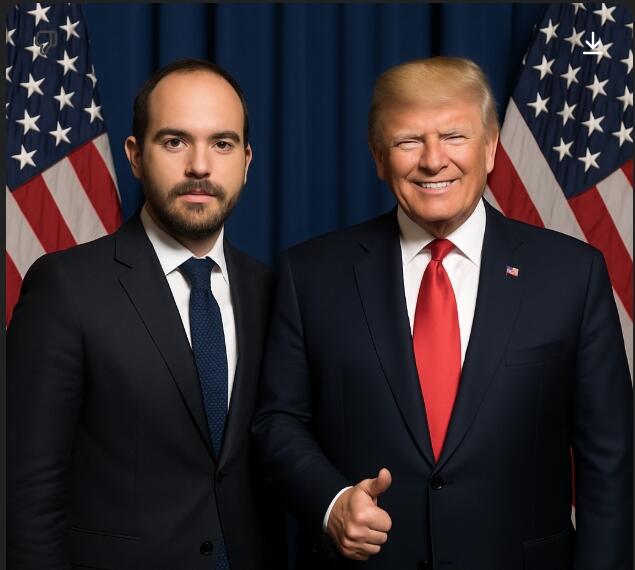The Toilet Paper Watchdog
In times when public opinion oscillates between digital ignorance and legal laziness, characters like Álvaro González emerge—who is neither a watchdog, nor an active citizen, nor even a resident of the city he claims to oversee. At best, he is a tourist of denunciation; at worst, an opportunist spouting easy words and defamation wrapped in a ribbon.González sees himself as some sort of moral crusader, but his narrative is built not on evidence, but on rumors, conjectures, and a jumble of recycled phrases pulled from mediocre opinion columns. His method is simple: stitch together names of public officials, contractors, and leaders with pins of hatred and resentment, branding them “corrupt” based solely on proximity, hearsay, and hallway coincidences. That is not oversight—it’s reputational terrorism.
But let’s break this down, as international treaties do.
First, under the United Nations International Covenant on Civil and Political Rights, Article 17 clearly states: “No one shall be subjected to arbitrary or unlawful interference with his privacy, family, home or correspondence, nor to unlawful attacks on his honor and reputation.” What González does with his constant verbal diarrhea is exactly that: an attack on the honor of others without a shred of legal basis, hiding behind a keyboard and a role no one has granted him.
Second, U.S. law—where he allegedly polishes toilets at some hospital near JFK airport—is just as clear. Title 18 of the United States Code, Section 875, penalizes anyone who transmits threats or engages in extortionate communications across state or national lines. If this individual has used emails, phone calls, or digital platforms from U.S. soil to threaten public officials or suggest he might stop his attacks in exchange for a contract, then we are not dealing with a watchdog—we are dealing with an international extortionist. And that carries serious criminal consequences in the United States.And if, as he claims, he has applied for storm drainage contracts in Colombia while simultaneously “denouncing” those who manage them, then the line between citizen oversight and blackmail is not just blurred—it’s obliterated. Mr. González is not auditing; he is extorting. He’s not overseeing; he’s ambushing.
Third, the so-called activist should remember that the Foreign Agents Registration Act (FARA) in the U.S. requires anyone engaging in political or public activities on behalf of foreign governments to register and disclose their actions. If this individual, from his perch in New York, is attempting to influence contract decisions in Cartagena or any other Colombian city, he should be registered as a foreign influence agent. Is he? Or does he prefer to keep acting like a kind of “undercover immigrant,” using his U.S. residency to attack governments allied with his host country?It might be worth asking former President Donald Trump—so vigilant against “problematic migrants”—what he thinks of residents who use their U.S. status not to prosper through honest work, but to attack friendly governments from behind a keyboard while quietly seeking contracts under the table.You don’t get to play Robin Hood with empty ethical pockets. If González has evidence, he should go to the Prosecutor’s Office, submit himself to judicial scrutiny, and risk being exposed for what many already believe he is: a blowhard masquerading as a martyr. But if all he’s got left is his teary, tired narrative, then he’d better stick to cleaning toilets in peace—because in the court of legal truth, he’s already lost the battle.
